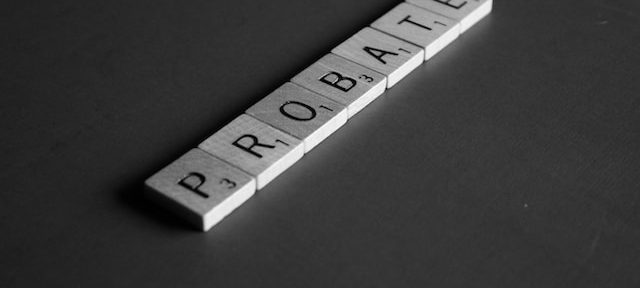
Imagine a scenario where you inherit a small fortune from a rich aunt who has passed away. It’s the stuff of..soap operas. Someone is in dire financial straits and along comes an inheritance from a rich relative who you knew nothing about. If that relative left behind a small fortune in the form of gold jewellery, or heirlooms passed down to you. You might be one of the lucky ones with a small fortune on your hands. What’s the next step? How would you figure out the value of this “lucky pot of gold,” that you’re sitting on? Whether it’s antique furniture, jewelry, artwork, or other valuable items, an appraisal might be the next step. You will need a professional to come in an evaluate the items at hand. Here is an overview of how appraisals for heirlooms typically work:
Who do I get to appraise my heirlooms?
How do I figure out the worth of my heirloom?
What should a report on my heirloom include?
Knowing the worth of your heirloom
Who examines my heirloom?
Research and Selection of Appraiser: Begin by researching and selecting a qualified appraiser who specializes in the type of heirloom you wish to have appraised. Look for professionals with relevant certifications, such as those from reputable appraisal associations like the International Society of Appraisers (ISA) or the Appraisers Association of America (AAA).
How much is my heirloom worth?
Initial Consultation: Schedule an initial consultation with the chosen appraiser to discuss the heirloom, its history, and any relevant documentation or provenance you may have. Provide as much information as possible, including the item’s age, origin, previous owners, and any accompanying paperwork or certificates.
Examining the Heirloom
Physical Examination: During the appraisal process, the appraiser will physically examine the heirloom. They will assess its condition, authenticity, craftsmanship, and any unique characteristics that contribute to its value. In some cases, the appraiser may need to handle or photograph the item for documentation purposes.
Market Research
Market Research: The appraiser will conduct extensive research to determine the value of the heirloom. They will examine comparable items sold at auctions, private sales, and reputable marketplaces to assess the current market value. This research helps establish a fair market value for the heirloom based on its rarity, demand, condition, and other relevant factors.
Appraisal Report
Appraisal Report: Once the research is complete, the appraiser will prepare an appraisal report. This document contains a detailed description of the heirloom, including its dimensions, materials, condition, and any notable features. The report will also include the appraiser’s professional opinion of the item’s value, supported by market research, relevant historical data, and their expertise.
Value Determination
Value Determination: The appraisal report will specify the value assigned to the heirloom. Depending on the purpose of the appraisal, such as insurance coverage, estate planning, or sale, different value types may be assigned, such as fair market value, replacement value, or liquidation value. The appraiser will explain the assigned value and its significance in the context of your specific needs.
Keeping updated
Appraisal Updates: It’s important to note that the value of heirlooms can fluctuate over time due to market conditions and changes in demand. Therefore, it is advisable to periodically update appraisals, especially for high-value or appreciating items, to ensure accurate insurance coverage and documentation of their worth.
Getting appraisal done is an expert opinion and should be obtained from a qualified professional. It is advisable to choose an appraiser who is independent, unbiased, and has no financial interest in the item being appraised. By investing in a thorough and reputable appraisal, you can better understand the value of your heirlooms and make informed decisions about their preservation, insurance, or potential sale.






